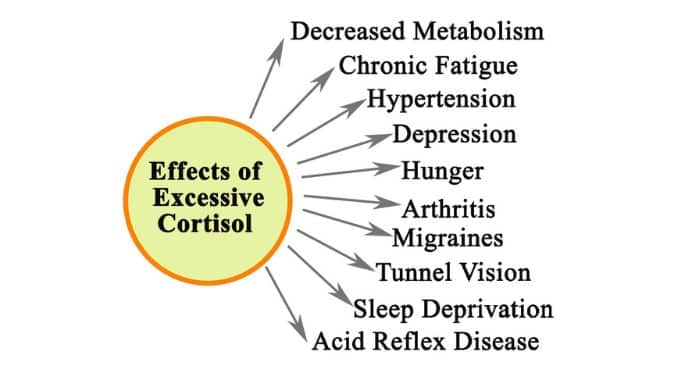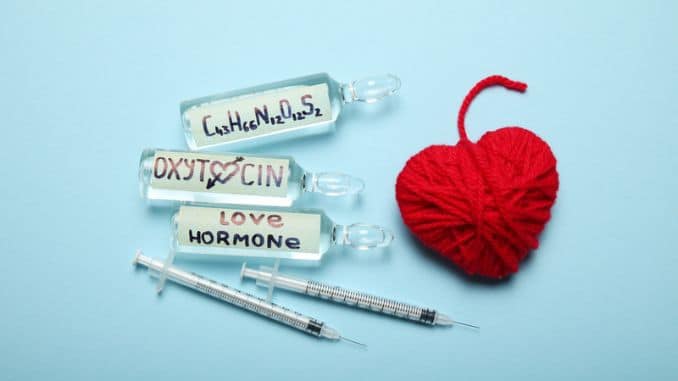Over the last few years, mental health has become an increasingly important topic. The need to manage stress levels has become abundantly clear. Many people assume that all stress is bad, but this simply isn’t true.
Kelly McGonigal, a psychologist at Harvard University, advises patients on how to avoid or lessen stress in their lives. She emphasizes in her TED lectures that it is not stress itself that adversely affects our bodies. It's our perception and response to it that makes the difference.
Stress can be both good and bad. An increased heart rate can be good for you if your arteries can remain relaxed. However, if you believe that the stress you are experiencing is harmful to you, then your arteries constrict. Your body will respond physiologically to your belief.

The Bad: Cortisol
Cortisol is a hormone that is release when you are under stress. When your body gets too stressed, it releases cortisol to help you respond in moments of danger or anxiety. However, when you are exposed to frequent stressors or have a consistently high level of stress, your system becomes overloaded with Cortisol and this can lead to serious health problems, including heart disease and depression. If you have a high level of Cortisol in your system, it can slow down your metabolism and cause weight gain. It even breaks down muscle tissue and decreases your body's ability to heal itself.
Dr. Gabor Maté, a medical practitioner in British Columbia for over 42 years, wrote a book entitled: “When the Body Says No: The Cost of Hidden Stress”. According to Dr. Maté, stress can cause the DNA sequences in the body to react adversely, resulting in diseases. Dr. Maté also talked about Cortisol in response to chronic stress. He says that Cortisol affects practically every function in our bodies, allowing us to respond more quickly to a threat. For instance, it increases our heart rate, transports blood from our organs to the muscles, and inhibits our immune system. In real-world, short-term dangers, it's a valuable system. However, it can destroy tissues, harm the heart, and elevate blood pressure if it is present in the body for an extended period of time.
The Good: Oxytocin
Aside from the “stress” hormone cortisol, a hormone called oxytocin (also called the “love/hug drug”) is likewise released during times of duress.
Oxytocin is formed when we seek out connections and reach out to our friends and family. Expressing ourselves in stressful situations is more beneficial rather than keeping it all inside The heart possesses oxytocin receptors that help it accomplish wonderful things; for instance, it regenerates cardiac cells. When oxytocin is released, blood pressure is lower, and stress levels and cortisol become lower.
Some studies even discovered that good stress could minimize the number of heart attacks because those who think it is beneficial to have been shown to have more relaxed blood vessels. What is the difference between constricting and relaxing blood vessels? Blood vessel constriction raises circulatory system pressure, potentially leading to heart attacks.

Stress can be good for your mental well-being, as it drives you to work harder to achieve goals. It can also be good for your physical well-being, as it motivates you to take care of yourself by eating better and exercising. You will feel the positive effects of stress when you manage it properly.
If you feel that it is good and that increasing your heart rate makes you stronger and better equipped to deal with the daily grinds of life, then it will indeed make you stronger; it will make you feel better.
Learn more about the best stress management program available today. Click here for more info.





